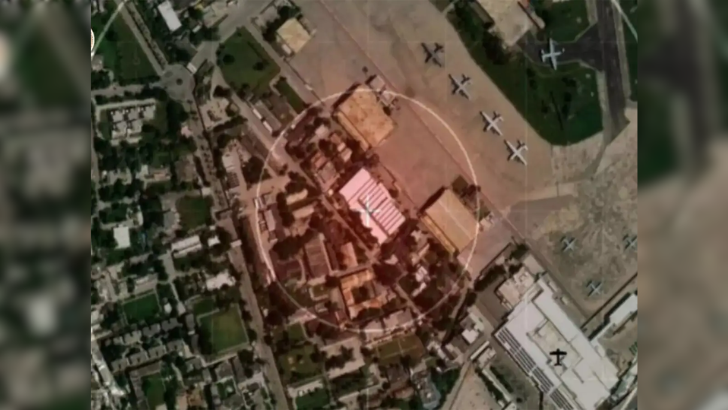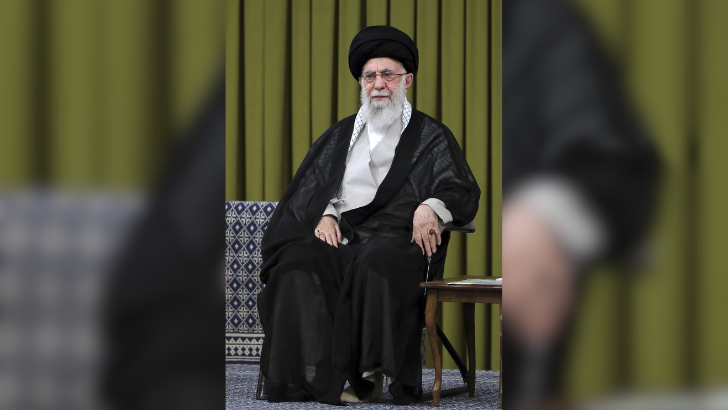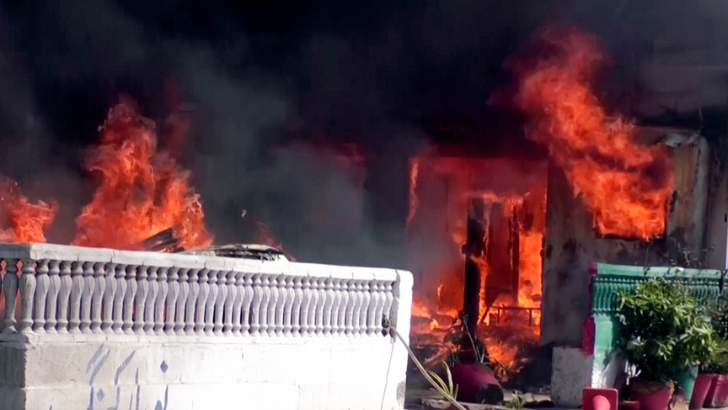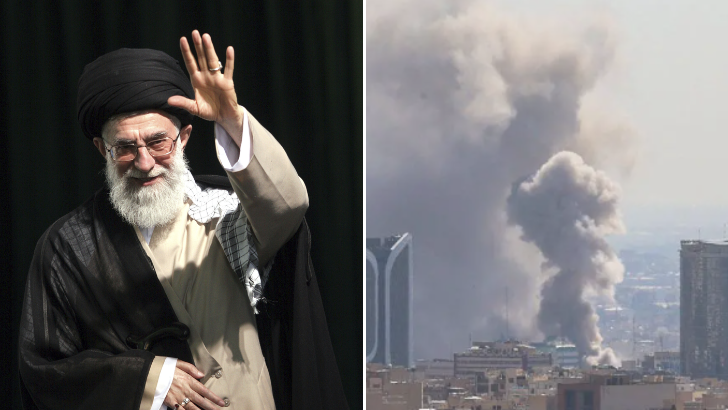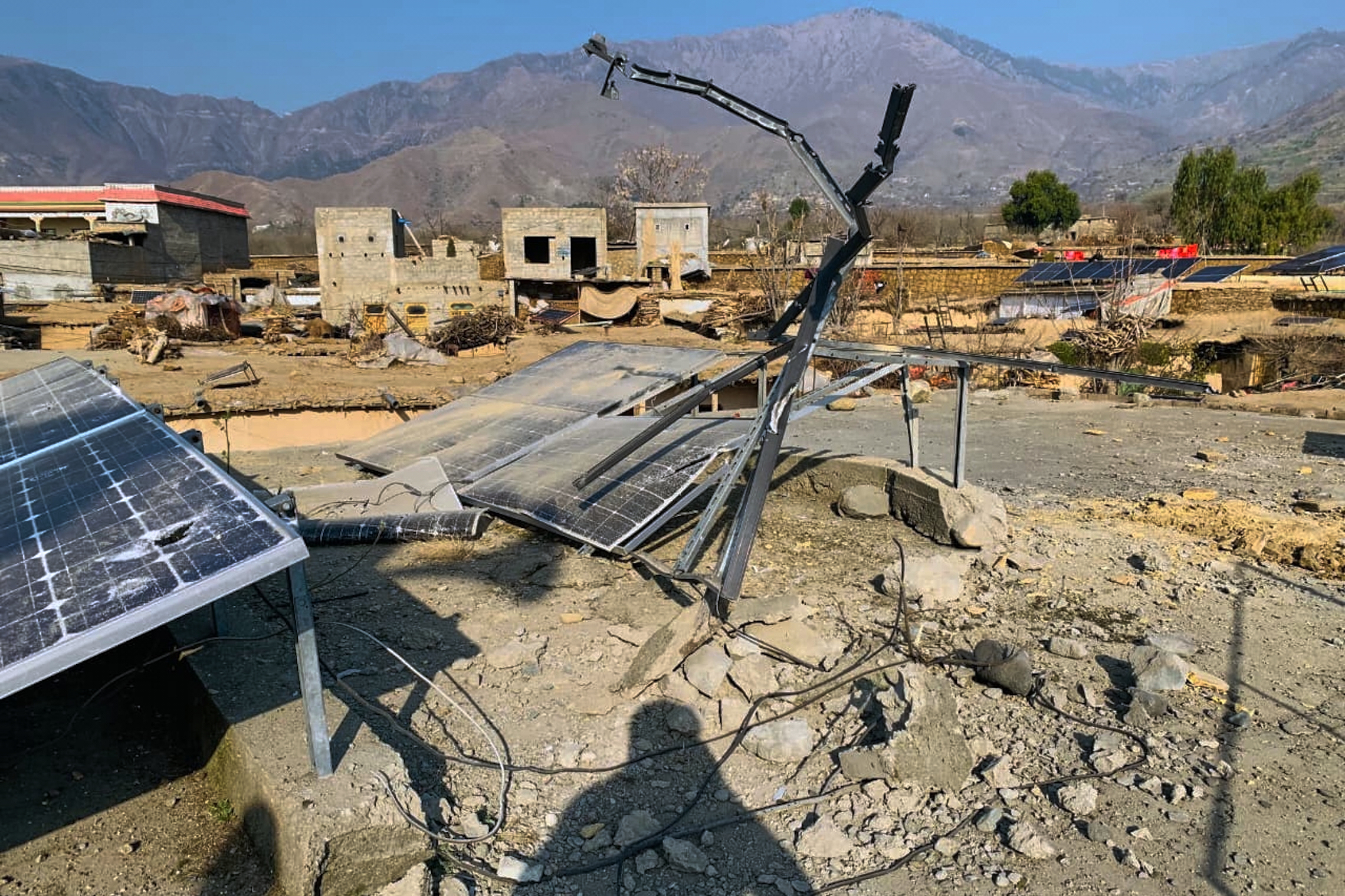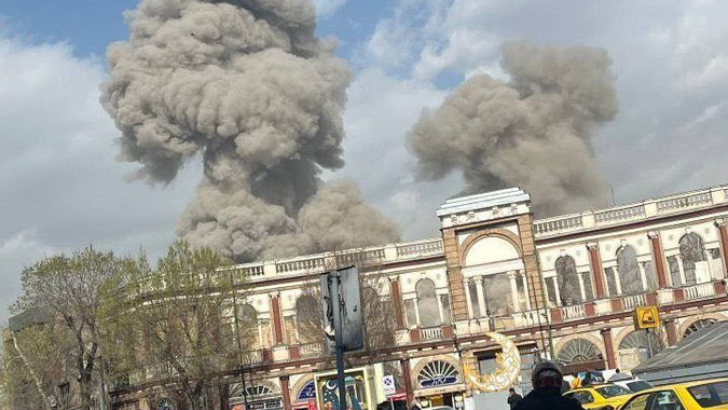Israeli agents killed Hezbollah-linked currency exchanger: Lebanon
The killing of Mohammad Srour, 57, who was sanctioned by the US, was like something out of an international spy thriller
AP
-
Municipal police officers patrol outside a villa where Lebanese money changer Mohammed Srour was found killed in Lebanon. PHOTO: AP
Beit Meri, 18 April
Lebanon's interior minister alleged
Wednesday that the mysterious abduction and killing of a Hezbollah-linked
Lebanese currency exchanger in a villa on the edge of a quiet mountain resort
town earlier this month was likely the work of Israeli operatives.
The killing of Mohammad Srour, 57,
who was sanctioned by the US, was like something out of an international spy
thriller. Pistols equipped with silencers and gloves were found in a bucket of
water and chemicals at the scene, apparently intended to remove fingerprints
and other evidence, Interior Minister Bassam Mawlawi said in an interview with
The Associated Press. Thousand of dollars in cash were left scattered around
Srour's body, as if to dispel any speculation that robbery was the motive.
“Lebanese security agencies have
suspicion or accusations that Mossad was behind this operation,” Mawlawi said,
referring to the Israeli spy agency. “The way the crime was carried out led to
this suspicion.”
He provided no specific evidence
for his allegations. Mawlawi said the investigation is still ongoing and once
it's over the results will be made public and referred to judicial authorities.
The Israeli prime minister's
office, which oversees Mossad, did not immediately respond to a request for
comment. The suspicion by Lebanon's security agencies that the crime could be
the work of Israeli agents comes at a time when Lebanon's southern border
region has been rocked by ongoing clashes between militants of the Hamas-allied
Hezbollah group and Israeli troops.
The U.S. Treasury sanctioned Srour
in 2019 over his alleged money transfers from Iran through Hezbollah to the
Palestinian militant group Hamas in the Gaza Strip. “Mohammad Srour's activity
in money exchange is known, as are the transfers of money from which side to
which side,” Mawlawi said.
Srour's killing earlier this month,
came as U.S. and Israeli officials have been trying to crack down on transfers
of funds to Hamas. The push has intensified following the Oct. 7 Hamas-led
attack on southern Israel that triggered the devastating war in Gaza and its
ripple effects around the region.
Last month, a senior U.S. Treasury
official visiting Beirut pressed Lebanese authorities to prevent funds from
being funneled to Hamas through the tiny country. Jesse Baker, deputy assistant
secretary of the Treasury for Asia and the Middle East in the Office of
Terrorist Financing and Financial Crimes, met with top Lebanese political and
financial officials.
Israel's military said it has
killed a number of money exchangers in Gaza for allegedly funding Hamas.
Srour's killing was clearly planned
in advance. Three Lebanese judicial officials familiar with the investigation
told the AP that a man posing as a customer had contacted Srour from abroad and
asked him to deliver a cash transfer to a woman in the mountain resort of Beit
Meri.
The officials, who spoke on
condition of anonymity because the investigation is ongoing, said Srour first
went with his nephew and left after handing the woman the money. He was
contacted by the same person with another request a day after his first visit,
the officials said. This time he went alone, after which his family lost
contact with him.
Mawlawi said the cellular the woman
used to contact Srour was only activated to contact him. He said the
perpetrators had first tried to rent an apartment in Beirut's southeastern
suburb of Hazmieh, a detail that has not been previously reported, but later
cancelled, apparently because “they did not find (the apartment) suitable to
carry out the operation."
Leave a Reply
Your email address will not be published. Required fields are marked *








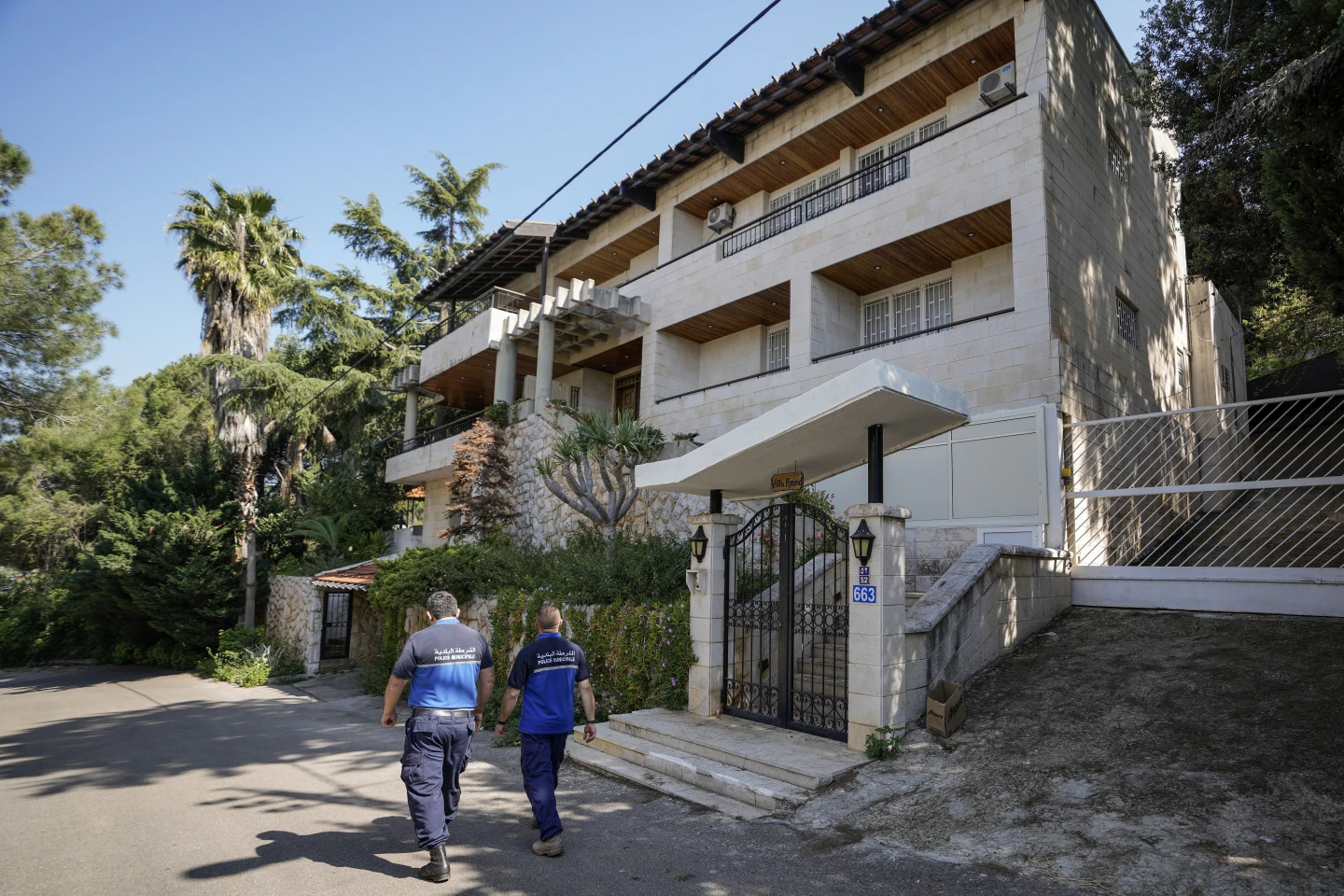


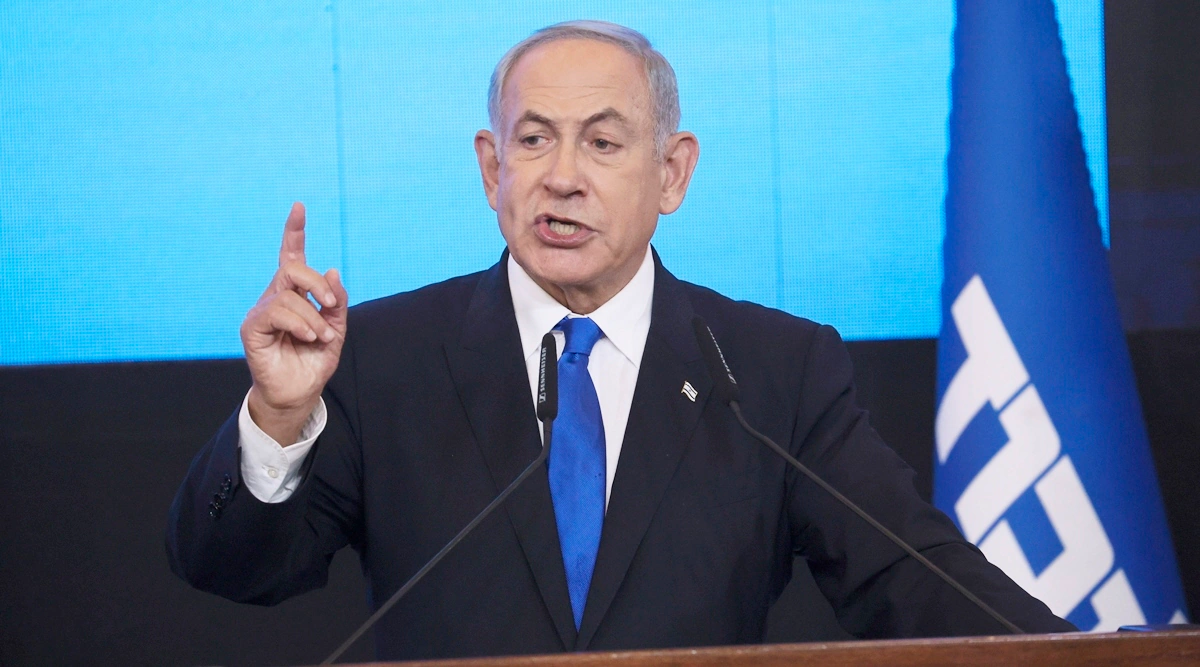
.jpg)
